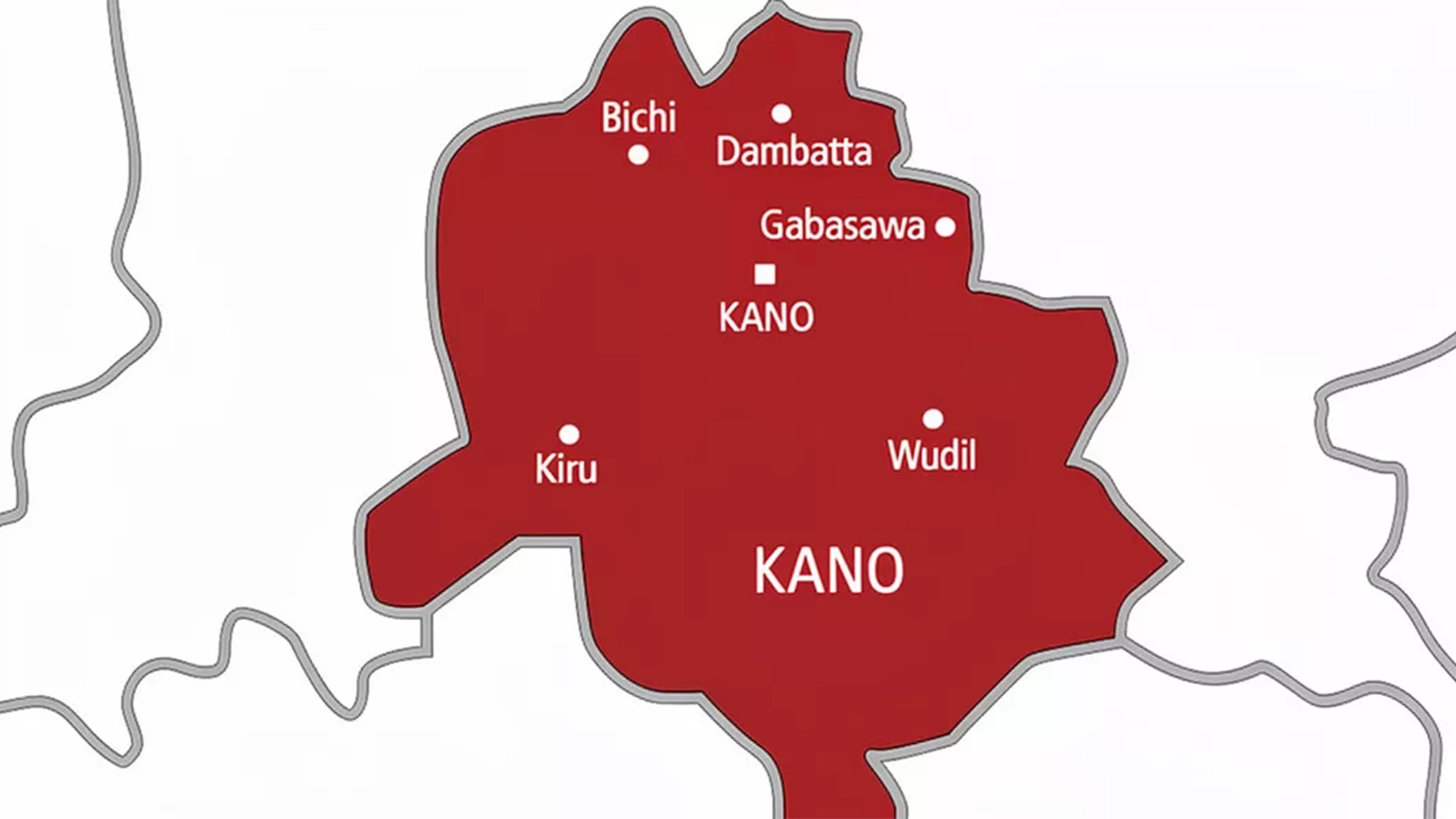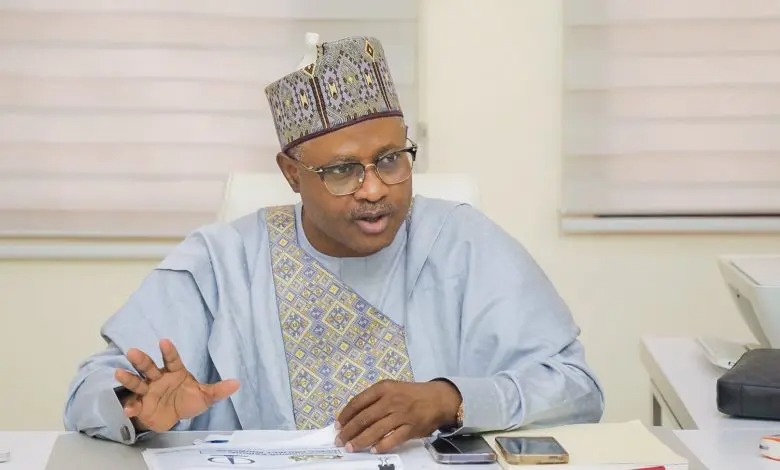The All Progressives Congress (APC) has officially welcomed Enugu State Governor Peter Mbah following his defection from the opposition Peoples Democratic Party (PDP), marking a major political shift in the southeast ahead of the 2027 elections.
In a statement issued on Tuesday, the APC’s national publicity secretary, Felix Morka, described Mbah’s decision as “a courageous and progressive move” that would strengthen development and governance in Enugu.
Mbah, who was elected governor on the PDP platform in 2023, announced his resignation from the party during a press conference in Enugu at 2:38 p.m. on October 14, 2025, explaining that his defection was driven by a desire to align with President Bola Tinubu’s economic reform and development agenda.
“We congratulate Governor Mbah for his courageous decision to join Nigeria’s pre-eminent and progressive party,” Morka said. “We are confident that his choice will consolidate and accelerate good governance in Enugu State.”
The APC highlighted Mbah’s achievements, including his 2025 Presidential GovTech Award for innovation and technology-driven public service delivery, describing him as a reform-minded leader who has prioritised infrastructure, digital governance, and economic diversification.
The party assured him and his supporters of full support and integration within the APC, noting that Enugu would now enjoy greater cooperation with the federal government under Tinubu’s Renewed Hope Agenda.
At the event, Mbah received his APC membership card and joined supporters in singing the party’s anthem, “On Your Mandate.” He said his defection was aimed at “connecting Enugu to the centre” to attract more development and partnerships for the benefit of the people.
Enugu State has been a PDP stronghold since Nigeria’s return to democracy in 1999, serving as a key opposition base in the southeast — a region often vocal about political inclusion and federal representation.
Mbah, a 52-year-old lawyer and former banker who served as commissioner for finance under former governor Ifeanyi Ugwuanyi, took office in May 2023 after a tightly contested election.
His administration has focused on economic reform, infrastructure renewal, and climate resilience, though it has faced criticism over security challenges and land disputes.






